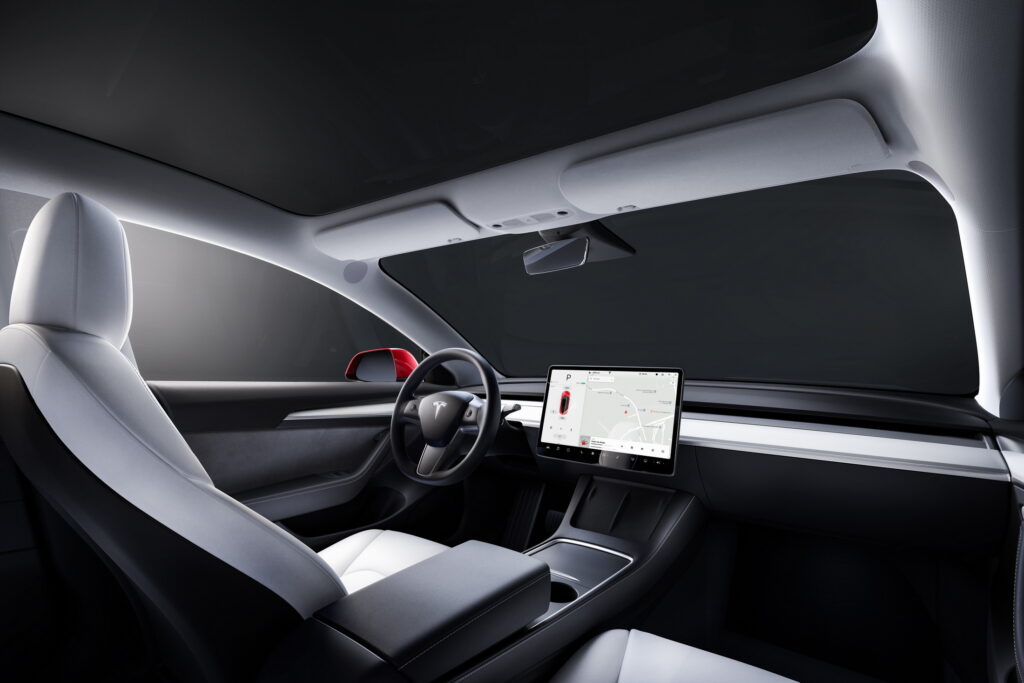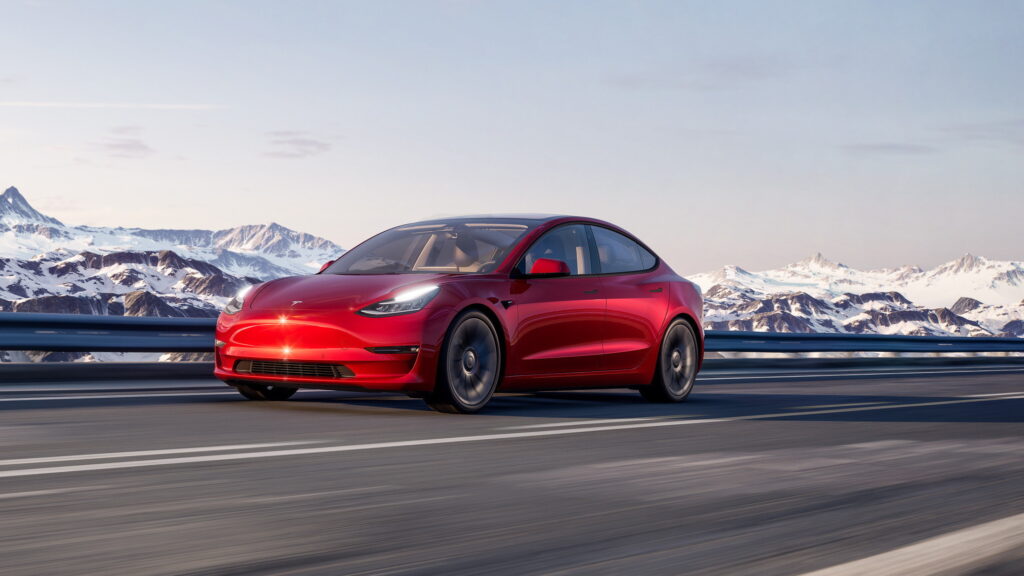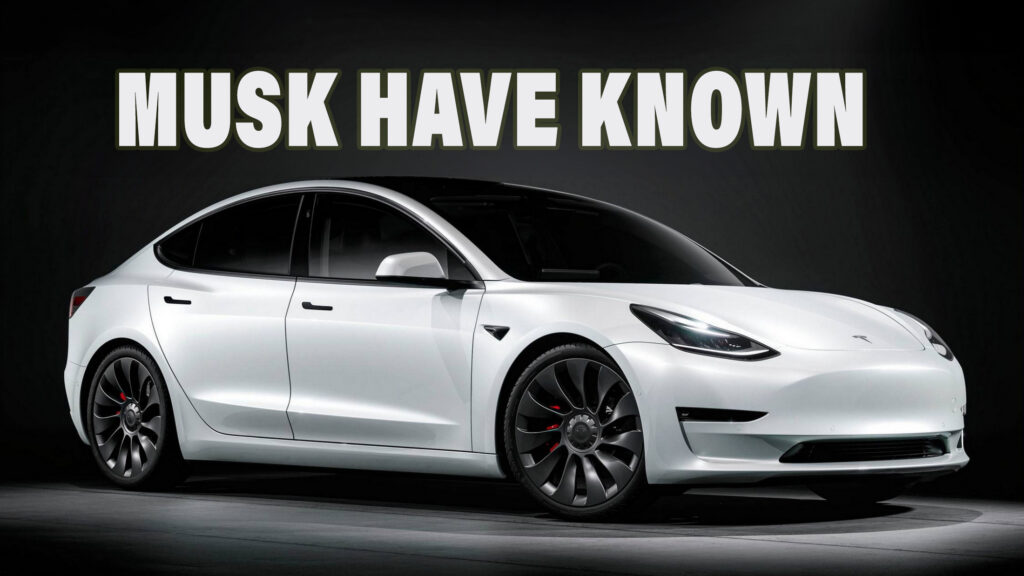Tesla is facing a serious setback, as a Florida judge has ruled that a plaintiff can bring punitive damages claims against it for intentional misconduct and gross negligence. That comes after he found “reasonable evidence” that CEO Elon Musk and other executives knew about Autopilot defects and allowed their vehicles to be driven unsafely.
The case surrounds the death of Stephen Banner, the owner of a Tesla Model 3 that drove under an 18-wheeler truck that had turned onto the road. The accident sheared off the top of the vehicle, killing the driver.
Judge Reid Scott said that the accident was eerily similar to one that occurred in 2016, in which Autopilot failed to detect crossing trucks, reports Reuters. At the same time, Tesla employed a marketing strategy that suggested its vehicles were autonomous and Musk’s public statements had a “significant effect on the belief about the capabilities of the products,” he wrote.
Read: Jury Hands Tesla The Win In First US Autopilot Trial Involving Fatality

The judge pointed to a 2016 video showing a Tesla vehicle driving without anyone touching the steering wheel or pedals. The disclaimer at the beginning of the video explicitly states that the person behind the wheel is there for legal reasons only, and that the car was driving itself.
“Absent from this video is any indication that the video is aspirational or that this technology doesn’t currently exist in the market,” wrote Judge Scott.
He added that, despite the marketing campaign, “it would be reasonable to conclude that the Defendant Tesla through its CEO and engineers was acutely aware of the problem with the ‘Autopilot’ failing to detect cross traffic.”
The opinion is a significant development, following two separate rulings that recently went in Tesla’s favor in California. These, and others, have found that drivers are responsible for their vehicles when they are behind the wheel, whether or not advanced driver assistance systems (ADAS) like Autopilot are in use. However, according to Bryant Walker Smith, a law professor who spoke to Reuters, Judge Scott’s findings suggest “alarming inconsistencies” between what the automaker knew internally, and what it said publicly.
“This opinion opens the door for a public trial in which the judge seems inclined to admit a lot of testimony and other evidence that could be pretty awkward for Tesla and its CEO,” said Smith. “And now the result of that trial could be a verdict with punitive damages.”
The trial in this case was originally set for October, but was delayed, and has not yet been rescheduled.





